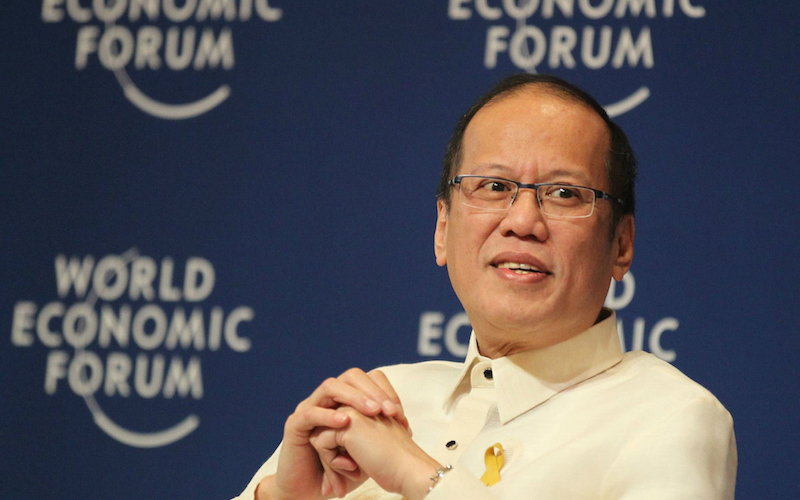
Can the Philippines Afford a Second Aquino Term?
As President Aquino pitches the idea of amending the Philippine constitution to allow him to stand for a second 6-year term, his political opponents naturally want to quash the notion before it can be debated. There is something sacrosanct, many believe, about limiting a presidential term to one, as it has generally served to prevent extended abuse of power since Cory Aquino assumed the presidency in 1986.
Given the nature of Philippine politics, limiting the tenor of the presidency was a good idea, as it was presumed that each president would seek to abuse power. Indeed, some have — but what about those who have not? Cory Aquino and Fidel Ramos are two good examples of presidents who did not abuse their power. Depending on which side of the political spectrum one may be on, it can be argued that Benigno Aquino also falls into this category.
A better question to be asked is whether the Philippines can afford NOT to have Aquino serve a second term. Consider this – in 2009, the year before Aquino assumed office, the country’s GDP growth rate was just above 1%.
Since he assumed power in 2010, the country’s average GDP growth rate has been 6.3%. In 2009, the Philippines’ Gross National Income (in PPP dollars) was $627 billion; in 2013, it was $770 billion (a rise of 23%). And since 2009 the country’s total foreign exchange reserves (minus gold) have doubled, to more than $80 billion.
There are a host of other economic indicators that have skyrocketed since Aquino took office, but the most important achievement has been the designation of investment grade status, and the confidence of the foreign investment community. World Bank President Kim recently said the Philippines could become the next economic miracle of Asia – a position it held in the 1960s and 1970s.
This is due, in large part, to Aquino’s refusal to continue the regrettable tradition of corruption, nepotism and abuse of power, and choose instead to turn the country around by stabilizing the political process, reforming the internal revenue service and customs bureau, and making good governance the hallmark of his administration, rather than an historical aberration.
For all the progress that has been made, many challenges remain. The country still ranks poorly in Transparency International’s Corruptions Perceptions Index and the World Bank’s Doing Business rankings. The country’s infrastructure remains poor, investors remain frustrated by investment laws limiting ownership in local firms, electricity remains very expensive, and inflation hit a three-year high in July.
For all these reasons, the Philippines cannot afford to backtrack. If the constitution is not changed, and Aquino does not run, win, and serve a second term, the country risks losing its hard won gains, and could easily fall back into some bad habits. Filipinos owe it to themselves to consider amending the constitution. Most of them are probably able to say their lives are better today than they were four years ago. When was the last time they could say that?
This article was originally posted in The Huffington Post.

